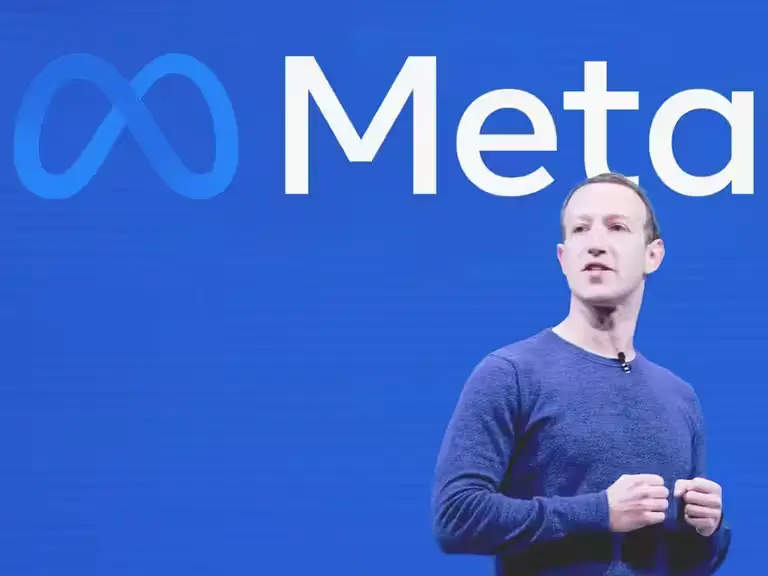Today’s world is under the heavy influence of social media, and policy decisions made by big tech companies like Meta carry important societal implications. The recent decision taken by Meta’s CEO Mark Zuckerberg to scale back content moderation on its platforms, particularly regarding hate speech tied to sexual orientation, gender identity, and immigration has sparked widespread concern among human rights advocates.
Meta is ending its third-party fact-checking program in the United States. Zuckerberg announced that the company will replace this system with a “Community Notes” model, similar to the approach used on X (formerly Twitter), where users contribute to content moderation. This change is currently planned for implementation in the U.S. Meta has not specified whether it will extend this policy globally.
Concerns have been raised about the new policy, particularly regarding the potential impact of removing the fact-checking program. This action could not only disrupt democratic discourse but also create an environment where discriminatory content can more easily flourish on the internet.
It can be said that, this policy change is aligned with the political shifts in the United States especially in the aftermath of Trump’s electoral victory. Misinformation experts have accused Zuckerberg of cosying up to Trump who frequently accuses big tech companies and legacy media outlets of being in harmony with his liberal opponents.
The Context of Meta’s Decision
Meta declared a number of changes in its “Hateful Conduct” policy last week as part of its approach toward content moderation. Meta adopted a series of new policies including “ending its fact-checking partnerships and ‘getting rid’ of restrictions on speech about ‘topics like immigration, gender identity and gender that the company describes as frequent subjects of political discourse and debate.”
Meta’s changes have come amid a broader trend of deregulation within the social media landscape. Following in the footsteps of Elon Musk’s X (formerly Twitter), Meta has eased its restrictions on certain forms of harmful speech, including derogatory claims about LGBTQ+ individuals and immigrants. In other words, Meta now seems to permit users to accuse transgender or gay people of being “mentally ill” because of their gender expression.
The loosening of Meta’s content moderation rules has alarming implications for marginalized groups such as LGBTQ+ communities. Under its previous policy, users were forbidden to post content targeting a person such as by calling them “mentally ill,” “retarded,” or “insane.” Human rights advocates warn that permitting derogatory speech normalizes discrimination and perpetuates harmful stereotypes, increasing the risk of offline violence and opening gate to hate.
Mark Zuckerberg defended the policy shift by stating that these changes align with mainstream discourse and reflect recent political developments. He also said that Meta will “dramatically reduce censorship” across Facebook, Instagram and Threads.
New Rules Could Trigger Hate Speech?
Historically, the consequences of inadequate content moderation on social media have been catastrophic. In Myanmar case, Facebook was used to incite violence against the Rohingya Muslim minority, leading to mass atrocities. Despite this past, Meta’s decision reflects a prioritization of political favor and cost-saving measures over its responsibility to prevent social harm.
Meta now relies heavily on user reports to address harmful content, focusing automated systems primarily on severe violations like terrorism and child exploitation. While this approach may reduce operational costs, it overlooks the fact that harmful content often inflicts damage long before it is flagged and reviewed.
Meta’s policy shift reflects a broader trend of deregulation among tech companies seeking to align with political shifts. The consequences of this trend extend beyond the immediate harm to vulnerable groups. By legitimizing discriminatory speech, tech companies erode societal norms of tolerance and inclusivity. The shift in content moderation raises important questions about the balance between free speech and harm prevention. While social media platforms serve as vital spaces for political and cultural discourse, they also bear a responsibility to ensure that these spaces do not become grounds for harm.
The challenges posed by Meta’s policy changes underscore the urgent need for ethical leadership in the tech industry. Companies like Meta must recognize that their platforms are not just social media tools but also active participants in shaping societal dynamics. As such, they have a moral obligation to mitigate harm and promote inclusivity.
Regulatory oversight plays a crucial role in addressing these challenges. Policymakers must work to establish clear guidelines for content moderation that protect free expression while preventing harm. Collaboration between governments, civil society actors, and tech companies is essential to developing solutions that address the complexities of online speech.
Meta’s decision to relax content moderation policies represents a pivotal moment in the ongoing debate over the role of social media in society. It is not surprising to see that the consequences of this policy shift serve as a reminder of the need for ethical leadership and robust regulatory frameworks to ensure that social media fosters inclusivity and respect for human rights.

